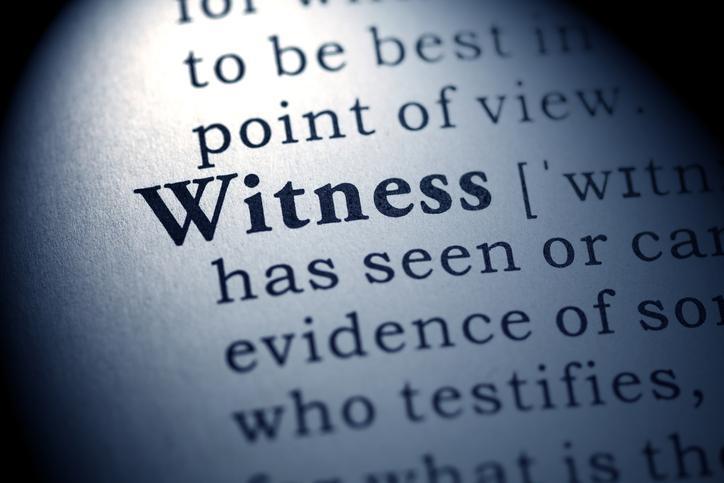In a 4 to 3 decision, justices with the Florida Supreme Court struck down a 2013 law that changed the state’s standard for determining whether or not certain expert witnesses can be used during trials. The ruling, which found the earlier law unconstitutional, is relevant for people involved in civil and criminal trials alike, as expert witnesses are regularly used by plaintiffs, defendants and prosecutors to shed light on evidence during cases ranging from medical malpractice to financial crimes to homicide.
In practical terms, the state Supreme Court’s decision means that going forward, to evaluate the legitimacy of expert testimony, the “Frye” standard of evidence will apply rather than the “Daubert” standard. The Daubert standard is used at the federal level, and most states have also stopped using the previously common Frye standard in order to adopt the Daubert standard – which is what the Florida legislature did in 2013. At the time, business groups supported the law but plaintiffs’ attorneys opposed it on the grounds it would make cases more time-consuming and expensive for clients.
Under the Frye standard, a court decides whether or not expert testimony is admissible for a trial by determining if the procedures, techniques or principles used by the witness are generally accepted by other experts in the field. The Daubert standard, on the other hand, is a test that judges use to weigh if expert testimony actually consists of helpful scientific or technical information or other specialized knowledge. One party can ask a judge to evaluate expert testimony using the Daubert standard if they believe the other party is trying to build a case by using “junk science.”
The majority decision in the Florida Supreme Court was based on the four justices’ assertion that the 2013 law violated the constitutional separation of powers, since it is the court rather than the legislature that has the authority to determine court-system procedures. The three dissenting justices strongly opposed the decision on the grounds that since the issue of the evidence admissibility standard had not been disagreed upon in the lower courts, the legal basis did not exist for the Florida Supreme Court to rule on it.
Ultimately, the Frye standard may make it easier for people to pursue legal action in civil cases to right the wrongs they have experienced, as the use of the Frye standard is generally more cost-effective.
The attorneys at Largey Law are skilled at securing reliable, qualified expert witnesses to help build strong cases in wrongful death lawsuits, personal injury actions and criminal trials. To schedule a free initial consultation with an experienced lawyer, contact us online. We have offices in Tavares, Clermont and Inverness.


